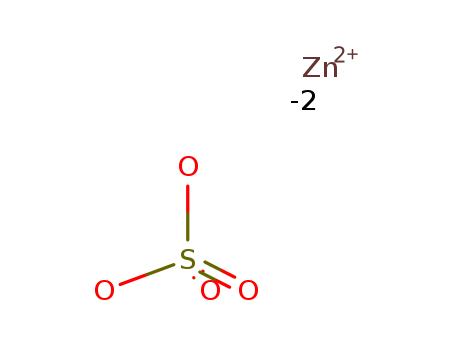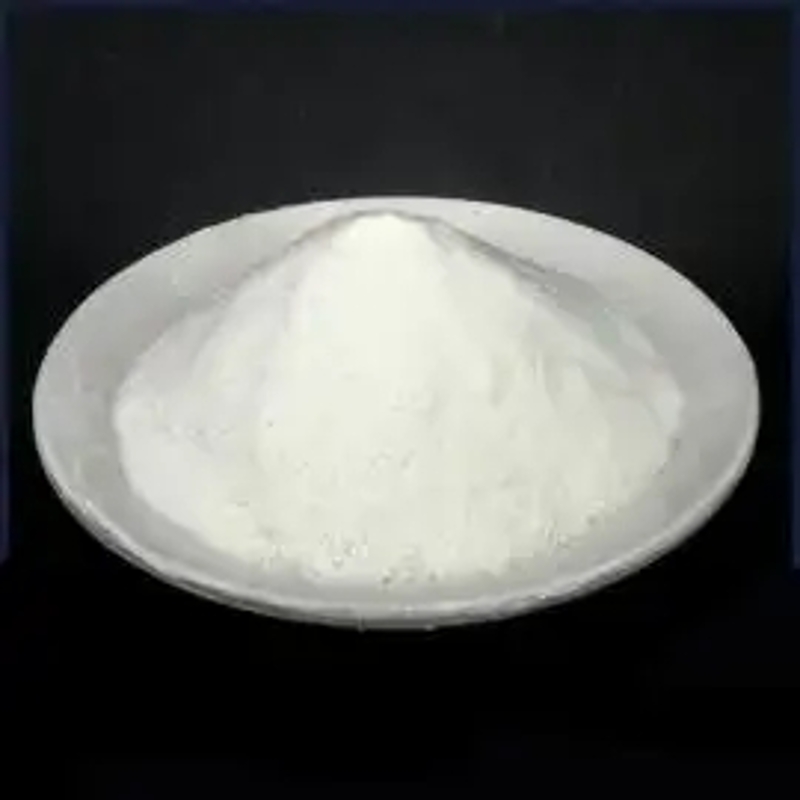Cosmetic Ingredient
- • Abrasive (124)
- • Absorbent (84)
- • Anticaking (66)
- • Anticorrosive (25)
- • Antifoaming (19)
- • Antimicrobials (290)
- • Antioxidant Ingredient (393)
- • Antiperspirant (20)
- • Antiplaque (48)
- • Anti-seborrheic (38)
- • Anti-sebum (39)
- • Antistatic (458)
- • Astringent (162)
- • Binding Agent (172)
- • Bleaching Agent (53)
- • Buffering (191)
- • Bulking (109)
- • Chelating (122)
- • Cleansing (679)
- • Cosmetic Colorant (212)
- • Cosmetic Preservative (158)
- • Denaturant (45)
- • Deodorant (98)
- • Depilatory (27)
- • Dissolving Agent (298)
- • Emollient (795)
- • Emulsifying Agent (480)
- • Emulsion Stabilising (154)
- • Exfoliating (19)
- • Film Forming (299)
- • Flavouring (72)
- • Foam Boosting (161)
- • Foaming (101)
- • Fragrance Ingredient (726)
- • Gel Forming (19)
- • Hair Conditioning (670)
- • Hair Dyeing (363)
- • Hair Fixing (36)
- • Hair Waving or Straightening (45)
- • Humectant (282)
- • Hydrotrope (92)
- • Keratolytic (20)
- • Light Stabilizer (80)
- • Moisturising Agent (50)
- • Nail Conditioning (42)
- • Occlusive (20)
- • Opacifying (119)
- • Oral Care (123)
- • Oxidising (19)
- • Perfuming (2105)
- • Plasticiser (98)
- • Propellant (19)
- • Reducing (50)
- • Refatting (12)
- • Refreshing (26)
- • Skin Cleansing (388)
- • Skin Conditioning (1751)
- • Skin Humectant (21)
- • Skin Protecting (282)
- • Smoothing (31)
- • Soothing (71)
- • Tonics (155)
- • UV Filter (34)
- • Viscosity Controlling (532)
Chemicals as Skincare Ingredients
Related News
-
Shell Considers Partnering with the U.S. and Closing European Chemical Assets
2025-03-26 -
Price Surge Alert as Major Suppliers Increase Barium Sulfate Costs by 200 Yuan per Ton
2025-03-20 -
Quaker Houghton Acquires Dipsol Chemicals, Strengthening Advanced Solutions Portfolio
2025-03-27 -
AstraZeneca to Invest $2.5 Billion to Establish Global Drug R&D Center in Beijing
2025-03-25 -
Saudi Aramco CEO: Invest in downstream projects in China's energy, chemical and other fields
2025-03-28 -
Dow's Silicones Downstream Expansion Project in Zhangjiagang Launches and Drives Market Innovation
2025-03-21
Antiplaque
Zinc sulfate
(7733-02-0)-
Industrial Grade / 99.5%
-
-
Industrial Grade / 99%
-
- / 99.00%
Zinc sulfate heptahydrate
(7446-20-0)-
Industrial Grade / 99%
-
Industrial Grade / 99%
$5-6.5/KG FOB
-
Chemical Grade / 99%
-
- / 99.00%
Request for quotation , get quotes from more suppliers.
Zinc sulfate monohydrate
(7446-19-7)-
Chemical Grade / 99%
-
- / 99.00%
-
Food Grade / 99%
-
Request for quotation , get quotes from more suppliers.
-
Food Grade / -
-
Industrial Grade / 99%
-
- / 99.00%
-
Industrial Grade / 99%
Request for quotation , get quotes from more suppliers.
More Information
Dental plaque is a soft, non-mineralized bacterial deposit (bacterial biofilm), akin to a "community" of various bacteria firmly residing on tooth surfaces and in the interdental spaces. It primarily poses harm to teeth and gums, being the leading cause of two common oral diseases—cavities and periodontal disease.
Cavities, colloquially known as "tooth decay" or "cavities," derive their name from the "bugs" found in dental plaque. Firmly adhering to tooth surfaces, plaque bacteria consume sugars from saliva and food debris, producing acids that erode tooth enamel, eventually leading to cavity formation.
Common causes of dental plaque:
•Abnormal tooth positioning or crowding
•Food impaction
•Calculus (tartar)






















